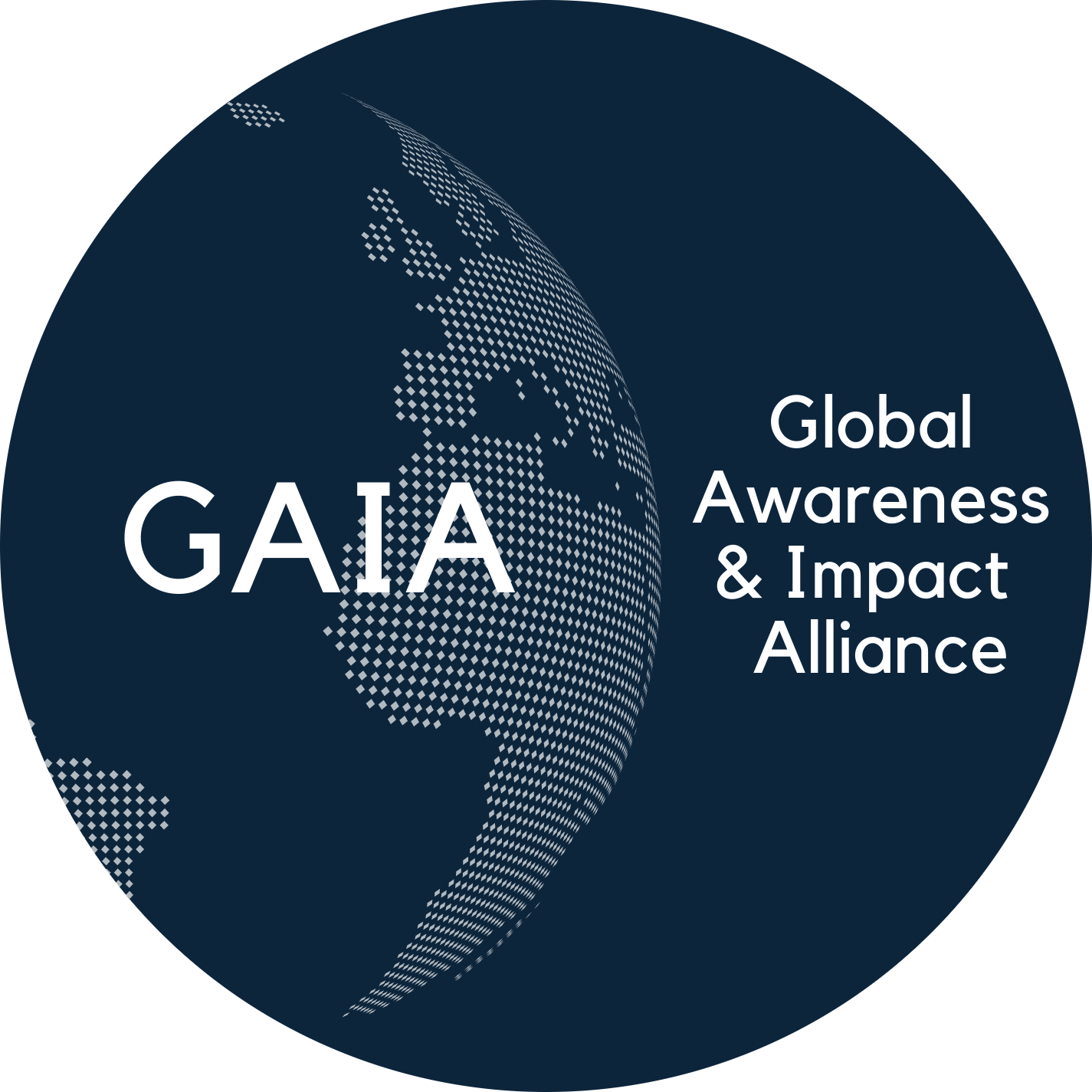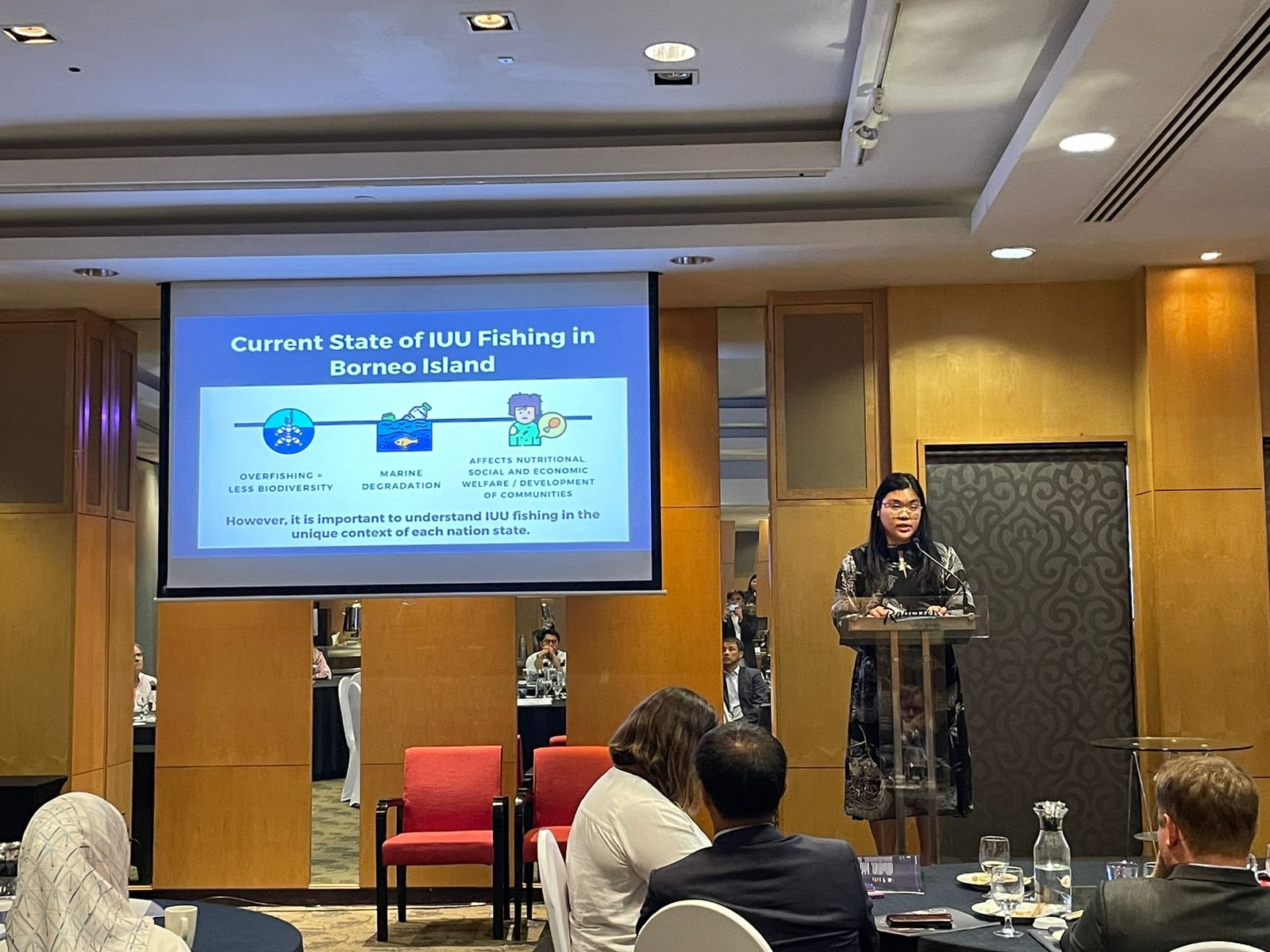Trapped in the Nets: Illegal, Unreported, and Unregulated Fishing in Borneo Island
by Senior Research Associate, Siu Tzyy Wei and Research Associate Nasri Tahir
Illegal, unreported, and unregulated (IUU) fishing activities have invoked serious concerns for the safety and stability of maritime Southeast Asia, particularly around the centrally-located Borneo Island. Stretching over a coastline of 1,336 kilometres that is shared by Brunei Darussalam, Indonesia, and Malaysia, Borneo is also the third largest island in the world. Subjected to increasing maritime traffic, trade, and overall globalisation, the shared waters of Borneo creates a perfect breeding spot for IUU fishing and related transnational crimes to take place under the radar. As a consequence, the broad repercussions of these illegal fishing activities have resulted in significant security, ecological and economic implications for Borneo. As an island whose ecosystem is often at risk, it is more important than ever to ensure the combined protection of the finite resources around one of the world’s longest coastline.
From January 2024, the GAIA Global Analysis team - with the support of the Australia High Commission in Brunei - conducted extensive research on the status of IUU Fishing across the three states on Borneo Island. In seeking out the perspectives and experiences of local and regional experts from the realm of academia and civil service, GAIA cultivated an understanding of the lived experiences of small-scale fishermen through civil society organisations and catalogued the current efforts of nation states.
With findings compiled in a policy paper, GAIA highlighted current gaps in action and provided seven policy solutions to push for stronger pan-Borneo collaboration in areas such as surveillance technology advancement and increased collaboration between policymakers, local authorities, regional fishery management organisations, as well as local fisher communities. The development of such a cross-sectoral, multi-faceted, and interlinked approach would prove useful in efficiently combating IUU fishing on the Borneo Island. The six-month research resulted in the publication of the organisation’s latest policy paper titled “Trapped in the Nets: Illegal, Unreported and Unregulated Fishing in Borneo Island”, a revised edition of GAIA’s 2021 policy paper of the same topic.
Senior Research Associate Wei presents findings of “Trapped in the Nets”
On 3rd June 2024, the policy paper was launched in a workshop that housed an audience of over 50 attendees composed of heads of government agencies, diplomatic missions, academics and members of society. Beginning with a presentation on the policy paper by Senior Research Associate Siu Tzyy Wei, the launch continued on with a hybrid panel that comprised industry experts namely Dr. Magne Knudsen from Universiti Brunei Darussalam, Mohd Tahsin bin Abdullah Wong from Poni Group Sdn Bhd, Dr. Lee Wen Chiat from Universiti Teknologi MARA Sarawak and Dr. Sharifah Nora from Sabah. From the workshop launch, the panel together with the audience uncovered other areas of potential collaboration and research, like that of the role of artificial intelligence in surveillance technology and increasing efforts to uphold the heritage of small-scale fishermen in a “whole-of-society” approach. Such efforts represent GAIA’s aim in cultivating an holistic environment that encourages, fuels and empowers whole-rounded thinking and solutions making in mitigating the multifaceted consequences of a cross-sectoral crime that continues to evolve in our shared waters.
As a first time research and project lead, I would like to extend my heartiest thank you to the Australia High Commission for the trust and opportunity to explore an evolving non-traditional security issue of our home, as well as the Global Analysis team at GAIA for the relentless support and mentorship from the start to the end of the project. As a Research Associate who has deep interest in traditional security issues like that of geopolitical tensions at the South China Sea, researching non-traditional security crimes like IUU Fishing was at first intimidating, almost like uncharted waters. However, the past six months that went into the publication and creation of both the policy paper and the workshop launch have only revealed that there is more room for research and growth in enhancing the overall security of our shared home. It is with hope and optimism that with more collaboration from different sectors of society will GAIA be able to continuously contribute to substantive independent research and policy understanding not only in maritime security, but in other regional and international issues that matter.

